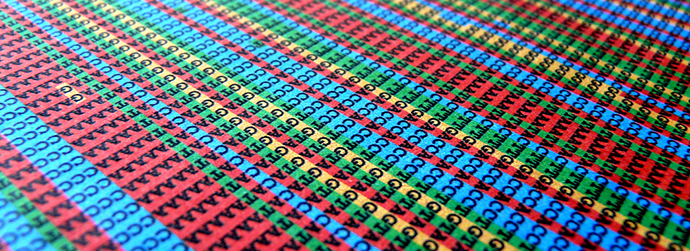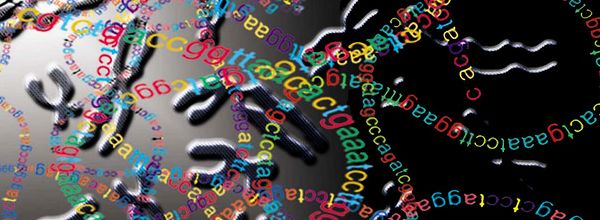“Any sufficiently advanced technology is indistinguishable from magic.” – Arthur C. Clarke
In the fast-moving field of next generation sequencing, standard practices are evolving rapidly. Today, more and more labs are using Solid Phase Reversible Immobilization (SPRI) beads instead of gel purification in the preparation of libraries for sequencing.
A crucial step, not for the faint-hearted
For anyone who is concerned with reproducible library preps, gel purification after adaptor ligation is the step that requires the most attention to detail (see James Hadfield’s excellent instructions of what you need to do here). For sure, it is impossible to get away without removing the unwanted adaptors and adaptor-dimers. But is there an easier way?
SPRI at the bench
SPRI beads are an alternative to gel extraction for size selection and purification of your library before amplification. They are magnetic particles coated with carboxyl groups (in the form of succinic acid) that can bind DNA non-specifically and reversibly. If added to the DNA in the presence of polyethylene glycol (PEG) and salt (usually NaCl), they replace the capricious gel extraction with standardized and quick, binding and elution steps.
It’s a kind of magic
How do SPRI beads work? Basic chemistry will not help you explain why negatively charged carboxyl groups have an affinity for the also negatively charged DNA. It is through the complex (and not yet fully understood) effects of PEG and high salt concentration on the structure and hydration of the DNA that binding is possible.
The devil is in the details
Had this been the whole story, SPRI beads would only be useful for routine DNA purifications and not much else. The selective purification of libraries (leaving in solution contaminating adaptors and adaptor-dimers) comes from the ability to control the low-end of the DNA sizes that are bound to the beads. In general, the higher the concentration of PEG and salt in the solution, the shorter the cutoff size, and therefore the lower the starting molecular weight of the purified products. Since the library fragments will always be longer than the size of the two adaptors at the ends of the DNA insert, fine-tuning the concentrations of these compounds to exclude the characteristic size of adaptor-dimers from binding to the beads will in effect purify your library.
A practical approach to calibrating SPRI beads
The commercial version of SPRI beads (Beckman-Coulter’s Agencourt AMPure XP beads) is available as a suspension in a buffer already containing PEG and NaCl. Therefore, in practice you can calibrate the concentration of PEG and NaCl in your experiments by varying the ratio of DNA sample volume to the bead volume you add (for an example of how to do this see the Keats lab web page). Make sure that the DNA sample you use for the calibration (a DNA molecular weight ladder for example) is in the same buffer as your library, or calibration might fail!
The genomics lab of the future?
In an alternative library preparation protocol, sheared DNA is bound to SPRI beads and all subsequent steps are performed on-bead rather than in-solution (Fisher et al. 2011). This method not only eliminates the multiple cleanup steps and ensuing DNA loses, but also minimizes sample handling, allowing full automation on library preparation. Imagine a future genomics laboratory where everything, from DNA isolation to sequencing, is completely automated. It seems like this future just came a little closer. This is the magic of SPRI.






